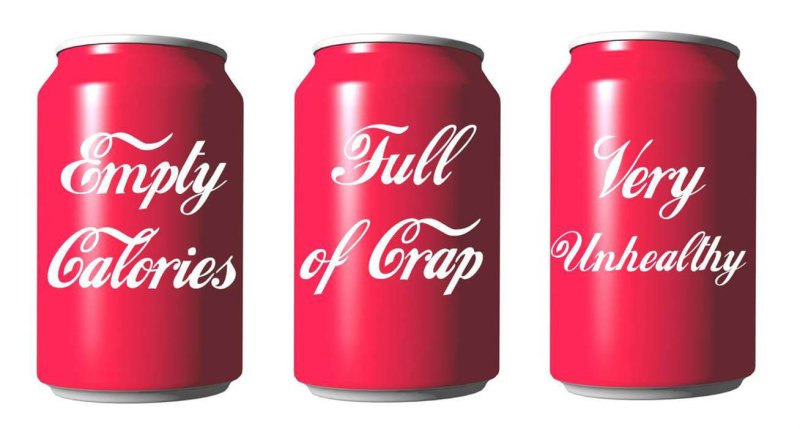So much for rotting teeth and making kids obese — a new study suggests that the regular consumption of soda might make you age faster and increase your chance of disease and early death.
The study, undertaken by researchers at the University of California San Francisco and recently published in the American Journal of Public Health, examined 5,309 U.S. adults aged between 20 and 65. The team looked closely at telomeres, which are the protective DNA caps on the end of chromosomes in cells, and discovered a link between the ingestion of sugary soda and the shortening of telomeres in white blood cells.
Short telomeres limits cell regeneration and have been linked to a range of chronic infirmities such as heart disease, diabetes, and various types of cancer.
“We think we can get away with drinking lots of soda as long as we are not gaining weight,” Dr. Elissa Epel, professor of psychiatry and lead author of the study, remarked to a local CBS affiliate. “But this suggests that there is an invisible pathway that leads to accelerated aging, regardless of weight.”
The standard size of a soft drink has increased from 6.5 ounces to 20 ounces since the 1950s, according to Harvard School of Public Health. About 5 percent of Americans get at least 567 of their daily calories from soda. The sweet fizzy stuff also provides the lion’s share of a teenager’s daily calories (226 calories).
Read full, original article: Soft Drinks Might Be Rotting Your DNA































